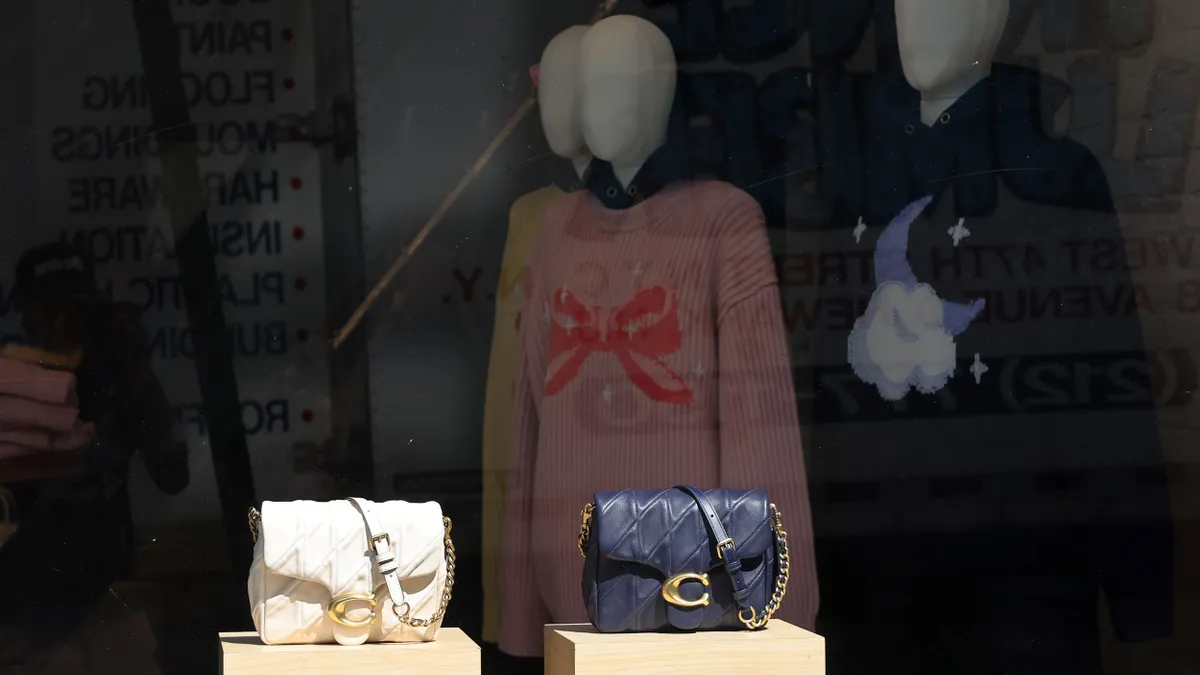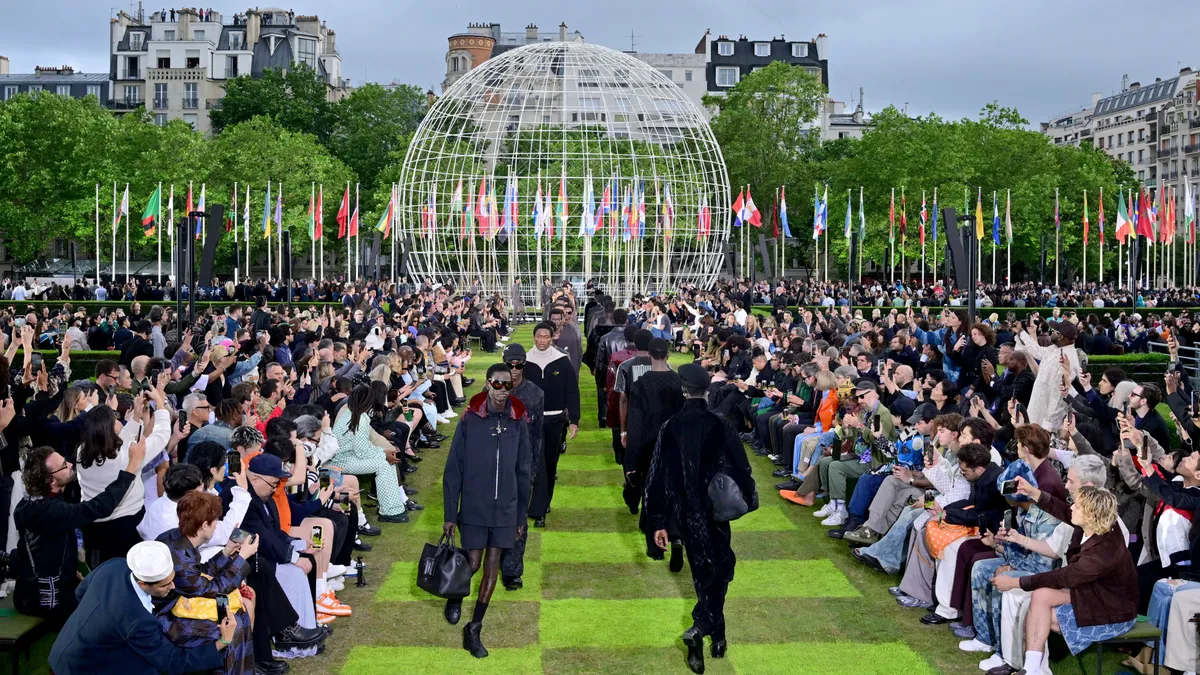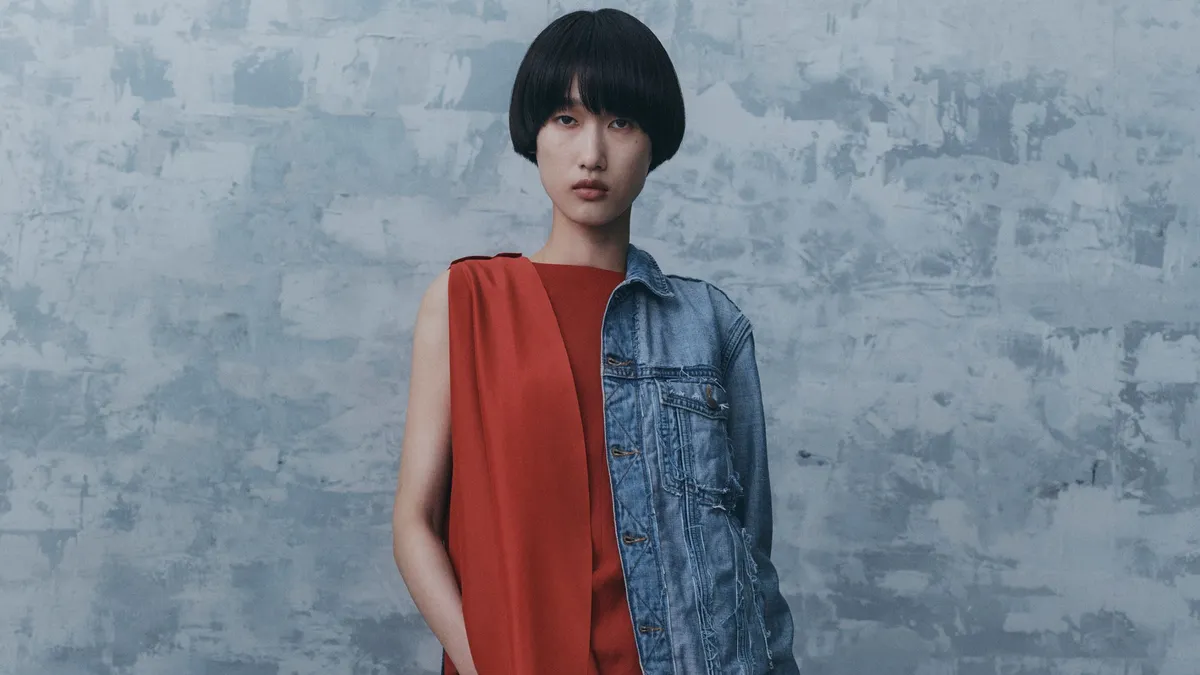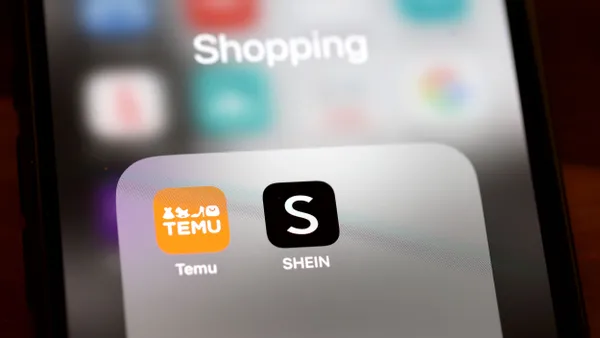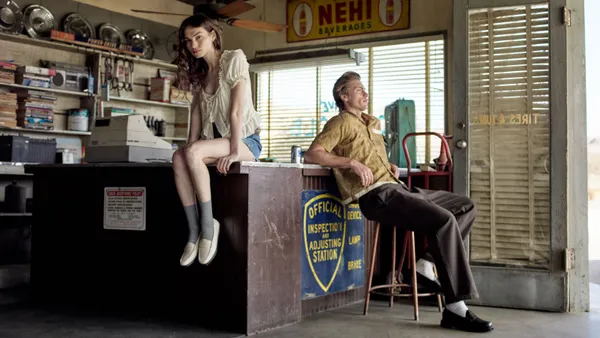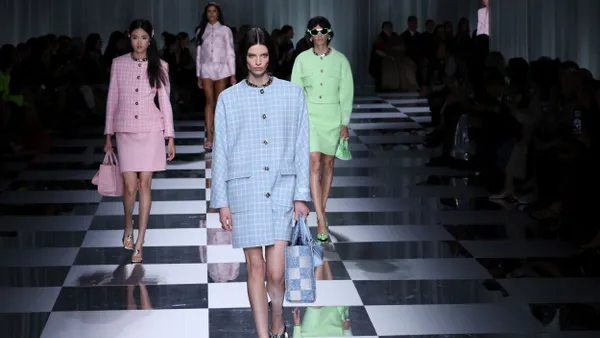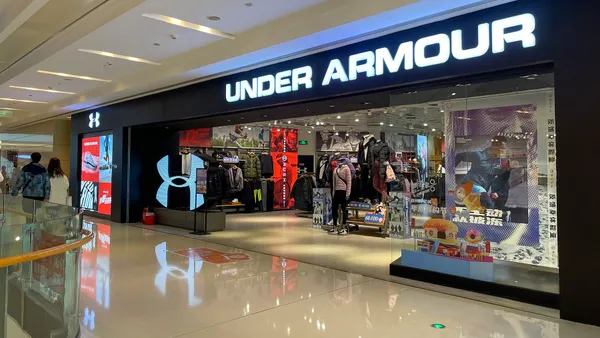Editor’s note: This story has been updated with additional comments.
The Federal Trade Commission won its lawsuit to block the planned merger between Tapestry Inc. and Capri Holdings, an FTC spokesperson confirmed to Fashion Dive on Thursday.
Tapestry and Capri Holdings plan to appeal, both companies said in separate press releases following the decision.
The $8.5 billion merger would have combined Tapestry’s Coach, Kate Spade and Stuart Weitzman brands with Capri’s Michael Kors, Versace and Jimmy Choo. The deal would have created one of the largest luxury conglomerates in the United States, behind LVMH.
The Federal Trade Commission sued to block the deal in April, accusing Tapestry of anticompetitive behavior, saying the merger would give Tapestry “a dominant share of the ‘accessible luxury’ handbag market.”
In its statement, Tapestry called the decision disappointing and “incorrect on the law and the facts.”
“Tapestry and Capri operate in an industry that is intensely competitive and dynamic, constantly expanding, and highly fragmented among both established players and new entrants,” Tapestry said. “We face competitive pressures from both lower- and higher-priced products and continue to believe this transaction is pro-competitive and pro-consumer.”
However, Wyatt Fore, an antitrust attorney at Shinder Cantor Lerner, said the decision was a “clear, unambiguous win for the FTC.”
“Ultimately, it appears that the Court didn’t think this was a close question,” Fore said in an email to Fashion Dive.
The decision focused primarily on the definition of the “accessible luxury” handbag market, which the FTC said is a term Tapestry coined itself.
“This is also a ‘by the book’ decision,” Fore said. “The Court found that the challenged horizontal merger would increase concentration in the relevant market sufficient to be presumptively illegal. And the merging parties failed to rebut that presumption. That’s about as straightforward a legal theory as section 7 litigation gets. The FTC’s complaint had made some additional theories, like the elimination of head-to-head competition, but the Court didn’t really approach them because the most obvious theory applied.”
In its Thursday decision, the court rejected Tapestry and Capri’s argument that accessible luxury handbags are a discretionary product, saying consumers could choose whether or not to purchase one.
“I was surprised to see the merging parties make this argument, and am unsurpised to see the Court swiftly reject it,” Fore said.
In a statement sent to Fashion Dive following the decision, Henry Liu, director of the FTC’s Bureau of Competition, said the decision was a victory for consumers seeking access to quality handbags at affordable prices.
“These bags are a product which millions of people rely on throughout their daily lives,” Liu said. “The decision will ensure that Tapestry and Capri continue to engage in head-to-head competition to the benefit of the American public.”
David Swartz, senior equity analyst for Morningstar Research Services, said in an email that even if the appeal is heard by its February 2025 deadline, it's unlikely the acquisition would close, because the judge rejected Tapestry and Capri’s arguments.
“The probable end of the merger is very disappointing for Capri especially, but it’s not fatal,” Swartz said. “Michael Kors is struggling but is still a major handbag brand and Versace and Jimmy Choo have potential. From Tapestry’s perspective, this has been a long and expensive fight, but Coach is in good shape. We have had a more positive view of the merger from Tapestry’s perspective than many investors and analysts since we think that Michael Kors can be fixed.”
However, Swartz said Capri may look for other buyers for its brands if the Tapestry sale doesn’t go through.
“Michael Kors could be attractive to private equity buyers, while Versace and Jimmy Choo would attract interest from European luxury firms,” Swartz said.



